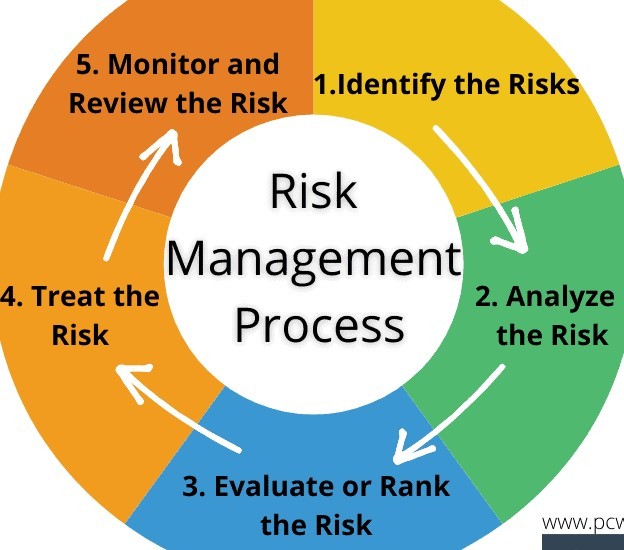The Critical Importance of Risk Management in Monetary Decision Making
The Critical Importance of Risk Management in Monetary Decision Making
Blog Article
The Importance of Recognizing the Significance of Risk Management in Various Industries
The Core Concept of Risk Management and Its Objective
Risk Management, the foundation of numerous industries, hinges on the identification, analysis, and reduction of unpredictabilities in a company setting. It is an integral practice that allows organizations to safeguard their possessions, online reputation, and general survival. By appropriately determining potential threats, services can develop methods to either protect against these risks from taking place or minimize their influence. The evaluation process entails analyzing the chance and prospective severity of these dangers. The mitigation process involves developing methods to minimize their possible impact when threats have actually been identified and reviewed. This process is intermittent and ongoing, making sure that companies are prepared for the ever-changing nature of Risk in different markets. The primary objective, hence, is to promote durability among unpredictabilities.
Benefits of Executing Risk Management in Business Workflow

Revealing the Function of Risk Management in Different Industries
While every sector confronts its one-of-a-kind set of risks, the application of Risk Management approaches remains a typical denominator in their quest of sustainability and development. In the healthcare sector, Risk Management involves making sure patient security and data security, while in money, it entails mitigating financial investment risks and ensuring regulative compliance. Ultimately, the role of Risk Management throughout markets is to recognize, evaluate, and minimize threats.
Real-life Case Research Studies Showing Successful Risk Management
To comprehend the significance of Risk Management in these numerous industries, one can seek to numerous real-life instances that illustrate the successful application of these actions. In the power industry, British Petroleum created Risk mitigation plans post the 2010 Gulf of Mexico click to investigate oil spill. They implemented better safety and security procedures and more stringent policies which dramatically minimized more accidents. In money, Goldman Sachs successfully browsed the 2008 economic crisis by recognizing possible mortgage-backed protections risks early. Finally, Toyota, upload the 2011 quake in Japan, revised its supply chain Management to decrease interruption dangers. These instances demonstrate just how markets, gaining from dilemmas, properly used Risk Management techniques to reduce future risks.
Future Patterns and Growths in Risk Management Techniques
As the world continues to progress, so also do the trends and developments in Risk Management methods. Quick developments in innovation and information analytics are reshaping the Risk landscape. Huge information and AI are now crucial in anticipating and alleviating risks. Organizations are leveraging these devices to construct predictive models and make data-driven decisions. Cybersecurity, once a peripheral worry, has actually catapulted to the forefront of Risk Management, with methods concentrating on feedback, prevention, and discovery. The combination of ESG (Environmental, informative post Social, Governance) aspects right into Risk Management is one more growing fad, reflecting the increasing recognition of the role that environmental and social risks play in company sustainability. Hence, the future of Risk Management hinges on the combination of sophisticated technology, click here for info cutting-edge techniques, and an alternative approach.
Conclusion
Finally, comprehending the relevance of Risk Management across a spectrum of sectors is essential for their long life and prosperity. Tailored techniques can help reduce possible risks, guard assets, and foster stakeholder count on. In addition, proactive decision-making aids in governing compliance and optimizes resource use. Eventually, successful Risk Management adds to a lot more resilient and lasting companies, highlighting the relevance of this technique in today's dynamic and highly competitive company atmosphere.
While every market faces its unique set of dangers, the implementation of Risk Management strategies continues to be an usual in their pursuit of sustainability and growth. In the health care industry, Risk Management involves making sure individual security and data protection, while in money, it entails mitigating investment risks and ensuring governing compliance. Eventually, the role of Risk Management throughout markets is to identify, analyze, and alleviate dangers. These situations demonstrate exactly how industries, finding out from dilemmas, successfully applied Risk Management techniques to reduce future risks.

Report this page